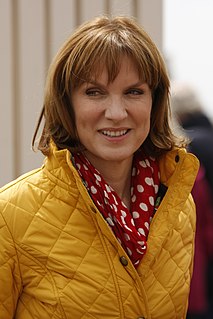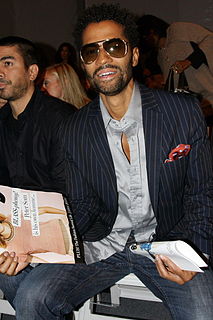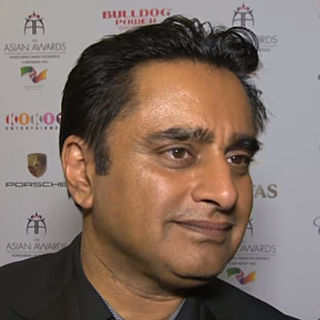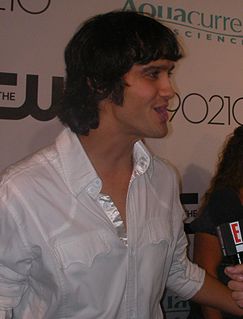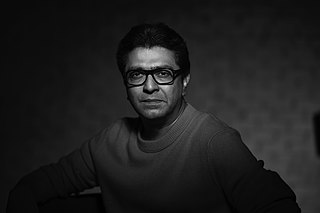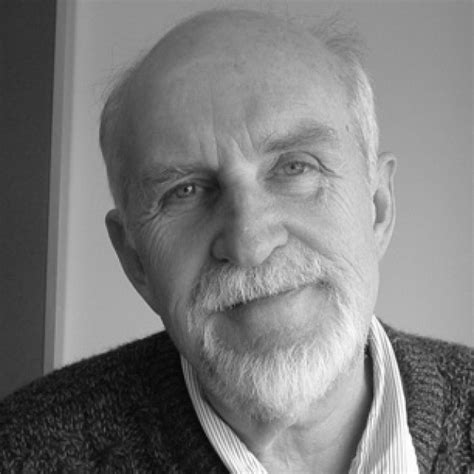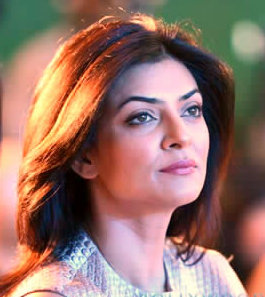A Quote by Fiona Bruce
Coming to Rajasthan had been my idea, my dream. In the weeks before we arrived, I had tried and failed on numerous occasions to enthuse my family with the joys of travel in India; reading bits from the guidebooks, telling the children about the history of the Mughals, insisting to my daughter that she really would enjoy curry if it was in India.
Related Quotes
When I wrote 'Monsoon,' I always imagined the music video being shot in India. The song had so much to do with my time in India with my mother as well as leaving her in India during the monsoon season to visit my family in N.Y. It really was a dream come true when I was given the opportunity to shoot in India.
Indira Gandhi had been this very powerful, dominating, ambiguous mother figure. Ambiguous because she was tyrannical, she had imposed...she had suspended Indian democracy for a few years but she also was the woman who had defeated Pakistan in war at a time when most male politicians in India had secretly feared fighting that war, so that here in India even today Indira Gandhi is called by Indian nationalists the only man ever to have governed India.
I have always tried to keep an honest, age-appropriate line of communication open with my daughter,India, even during the teen years, a painful time of development when they usually shut down, and the last person they want to speak to is a parent. But India would always tell me what was going on, so I really encourage people to be as open with your children as you possibly can.
My mother had been an English teacher in India before she came to the U.K., and she taught me to read early on - not only in English, but in Hindi, too. My teachers didn't like the fact that I was reading more quickly than they were teaching, and as a consequence, I would sometimes get bored in class.
My daughter arrived when I was five months pregnant with my son. We adopted Melanie from Korea; she was 2 years old, almost 3. I always wanted to have a family. I had a good example because Melissa Hayden was a ballerina in our company, and she had two children and danced afterward, and Allegra Kent also did.
The idea of the book ["The Japanese Lover"] came in a conversation that I had with a friend walking in the streets of New York. We were talking about our mothers, and I was telling her how old my mother was, and she was telling me about her mother. Her mother was Jewish, and she said that she was in a retirement home and that she had had a friend for 40 years that was a Japanese gardener. This person had been very important in my friend's upbringing.
